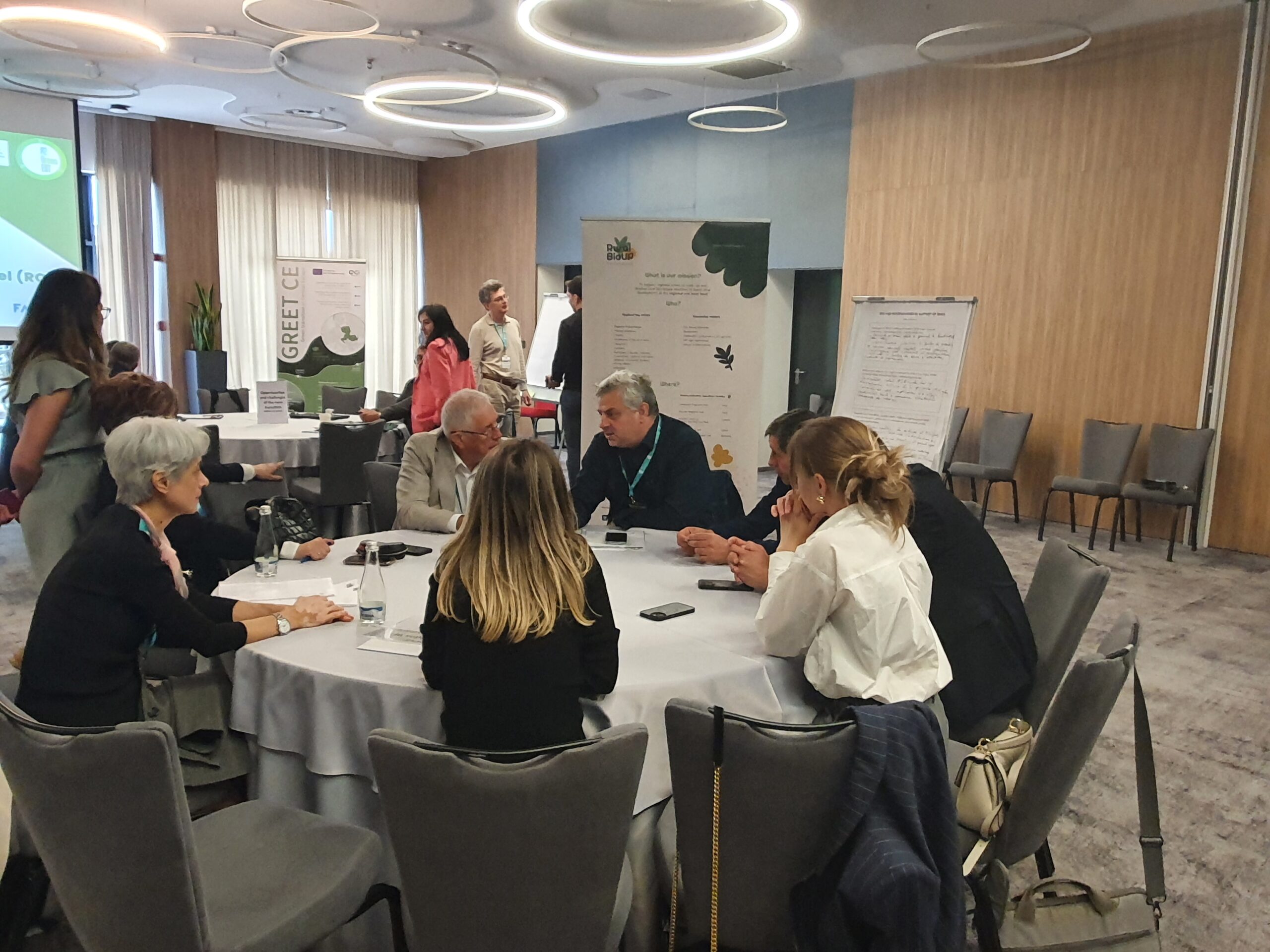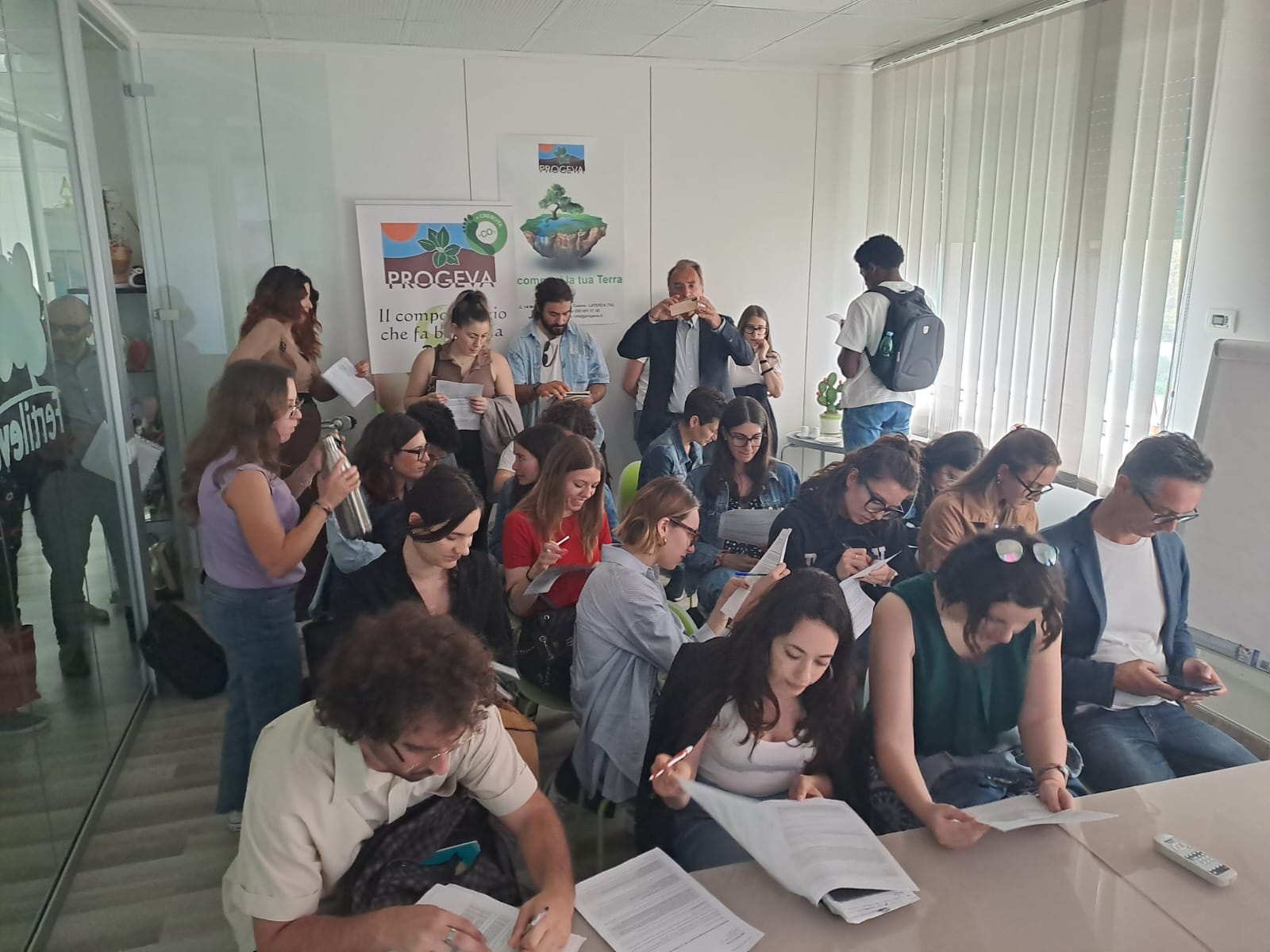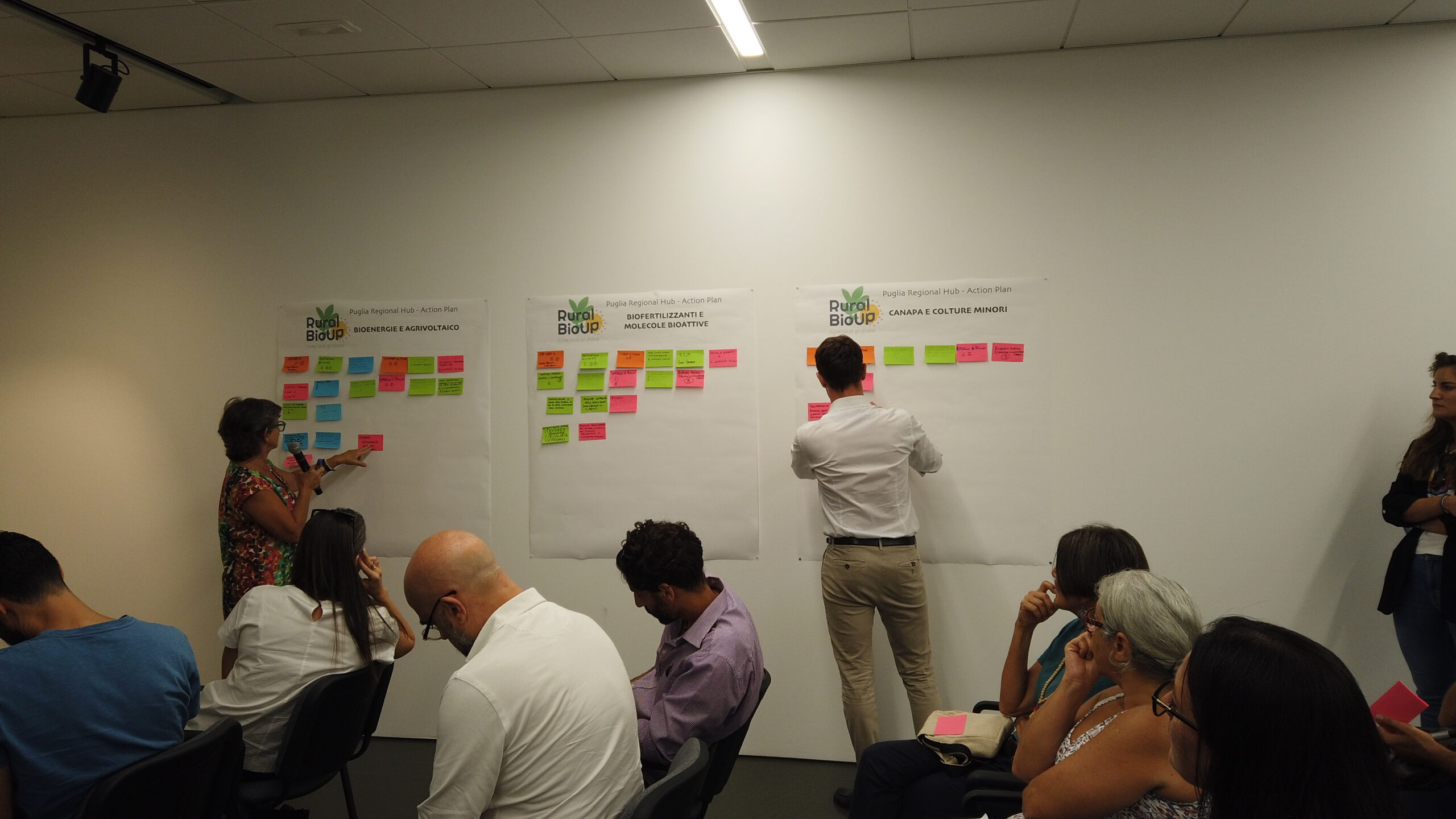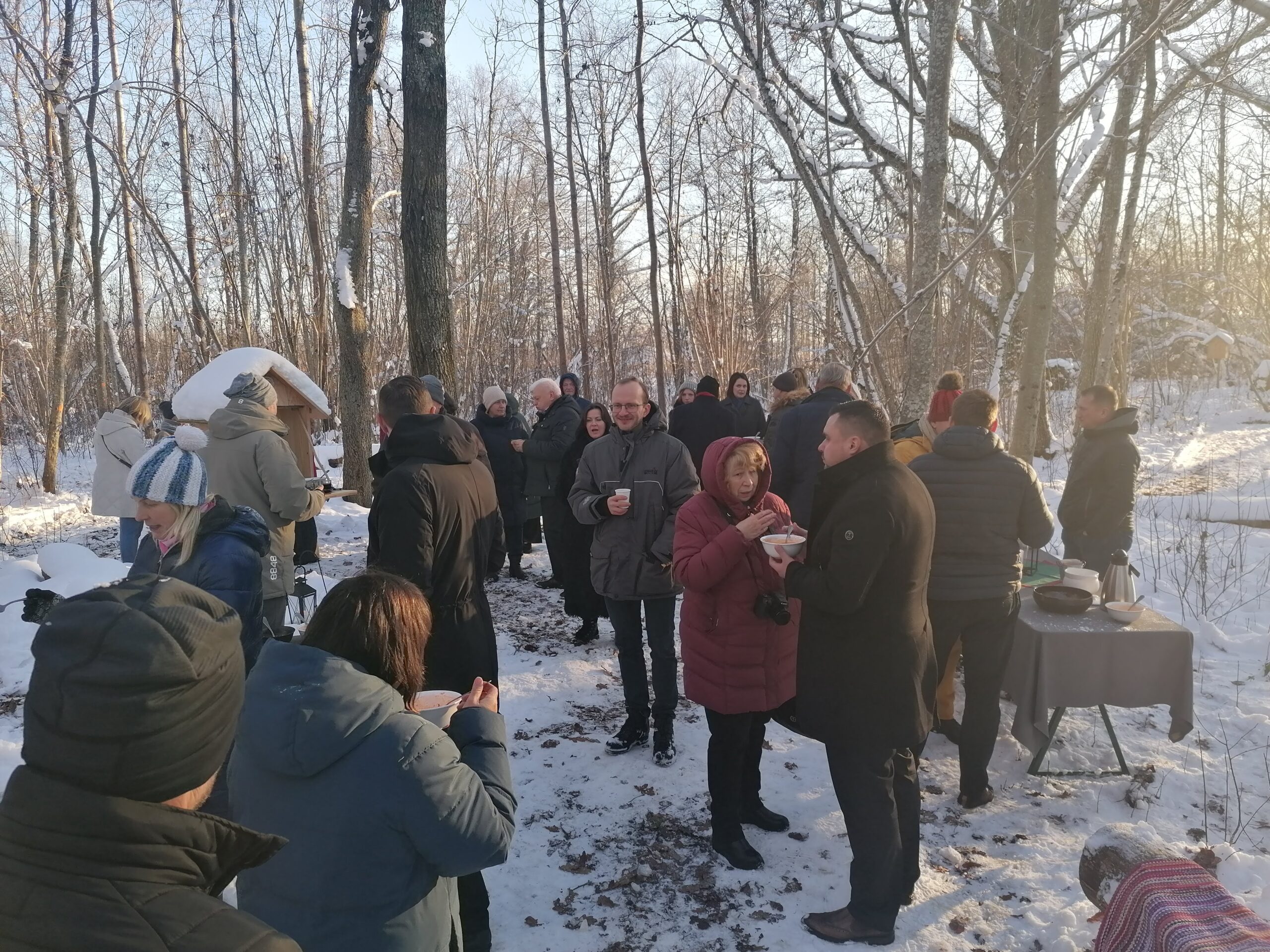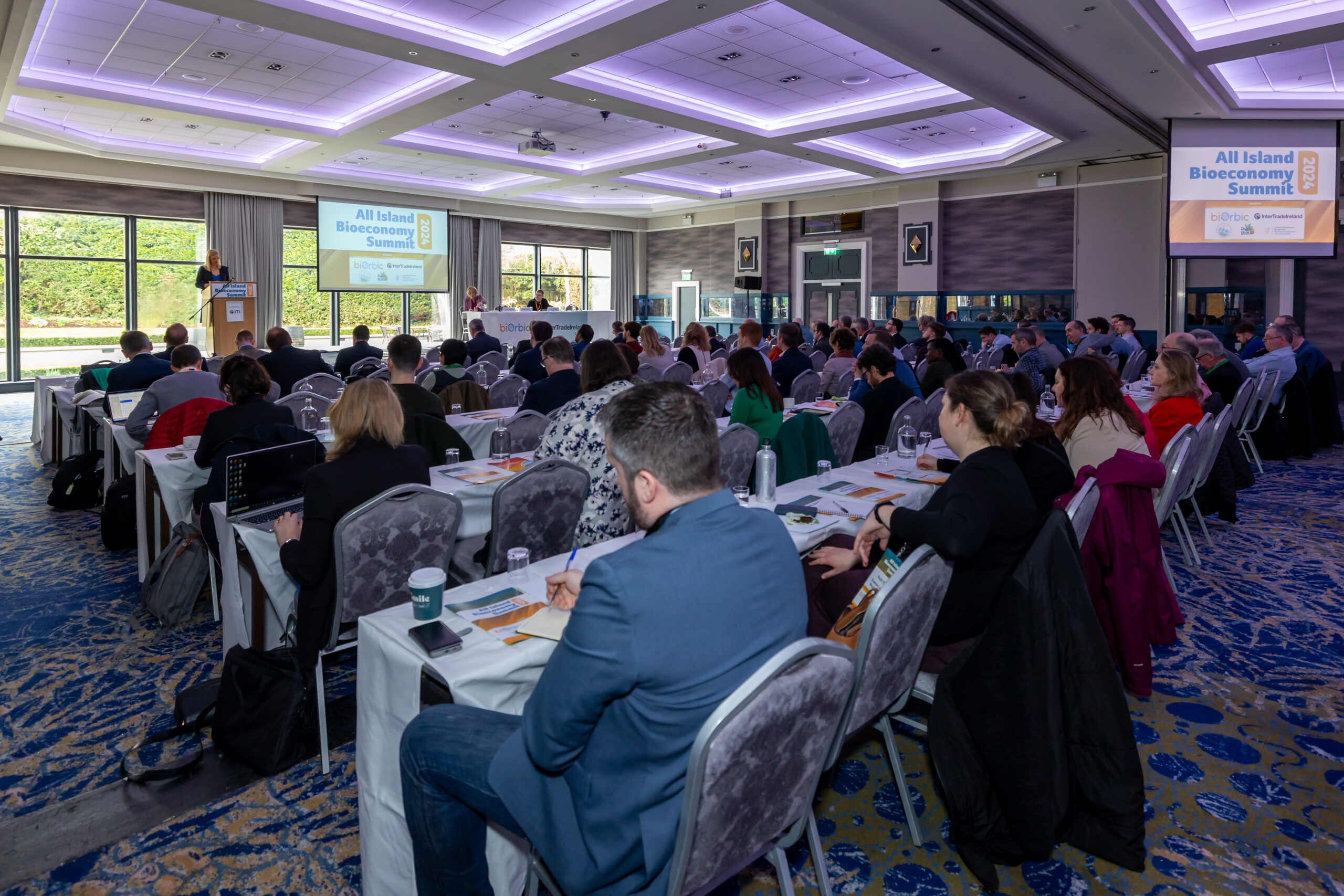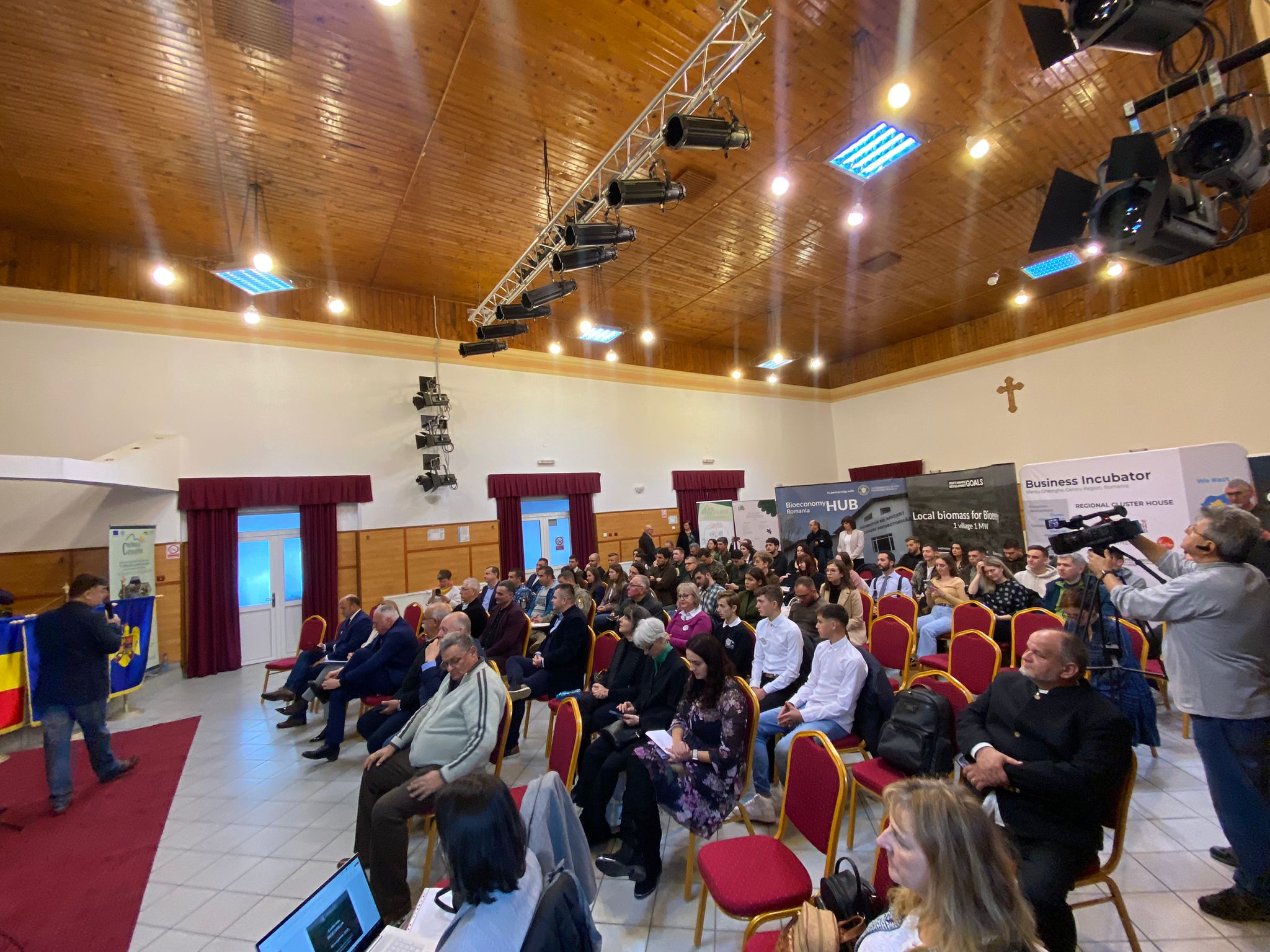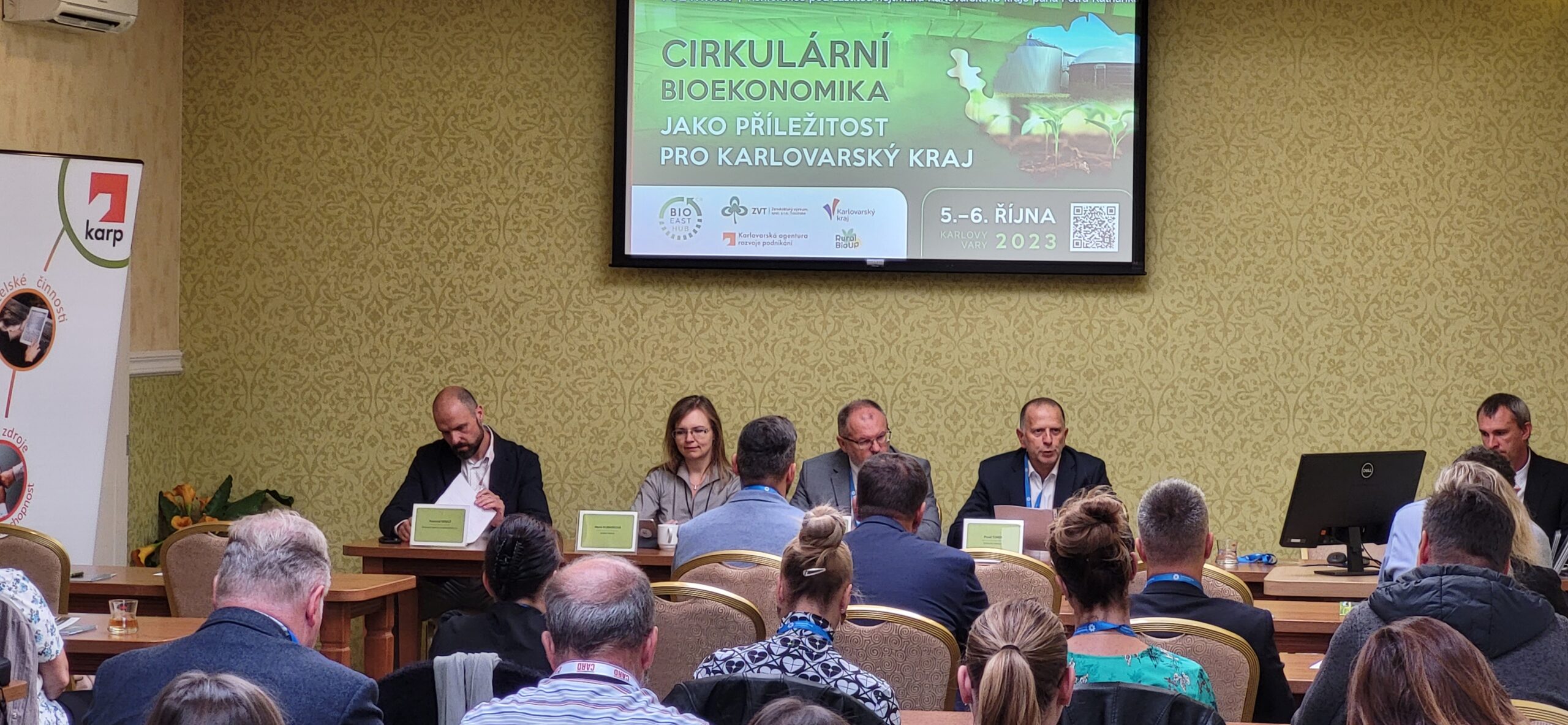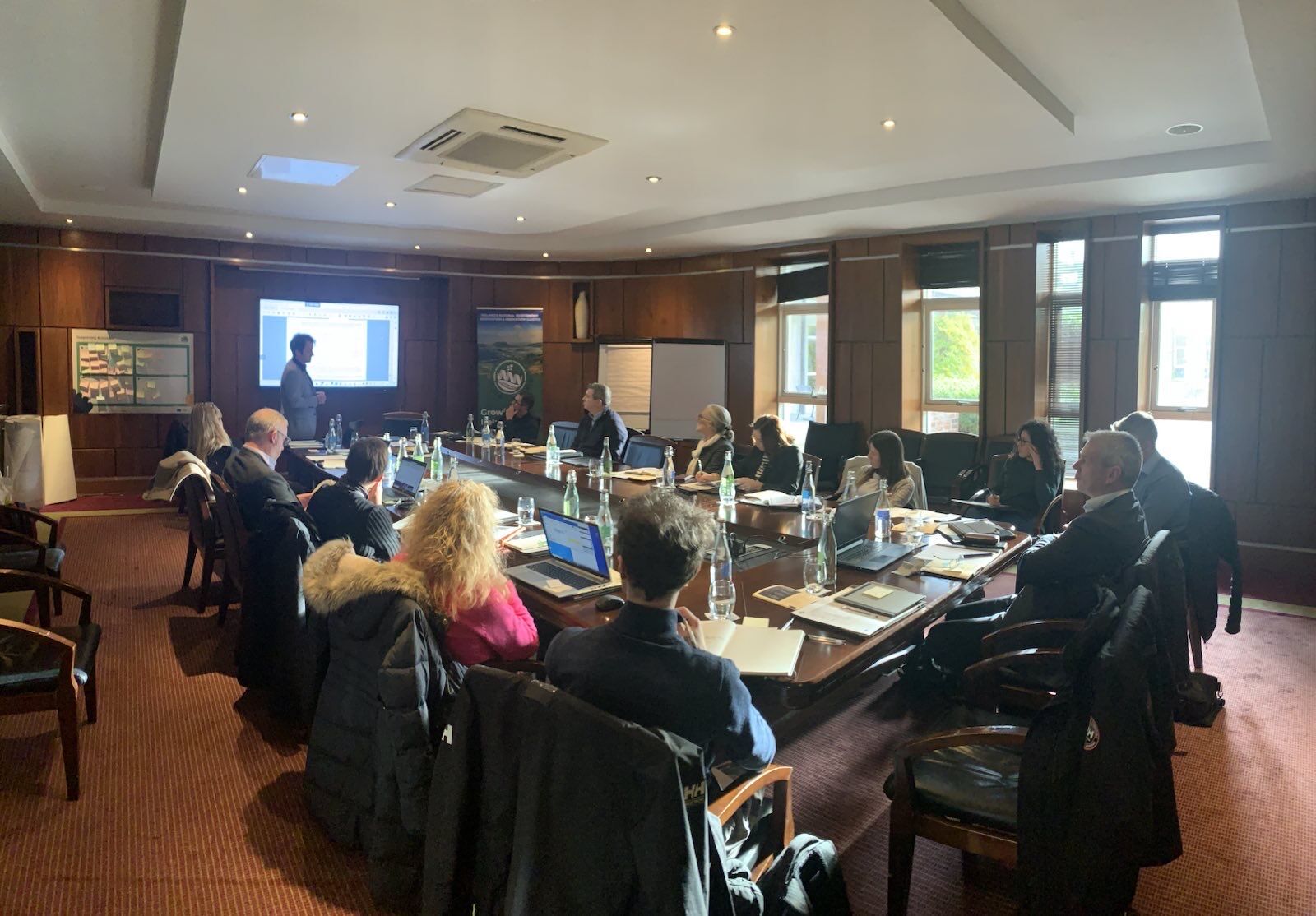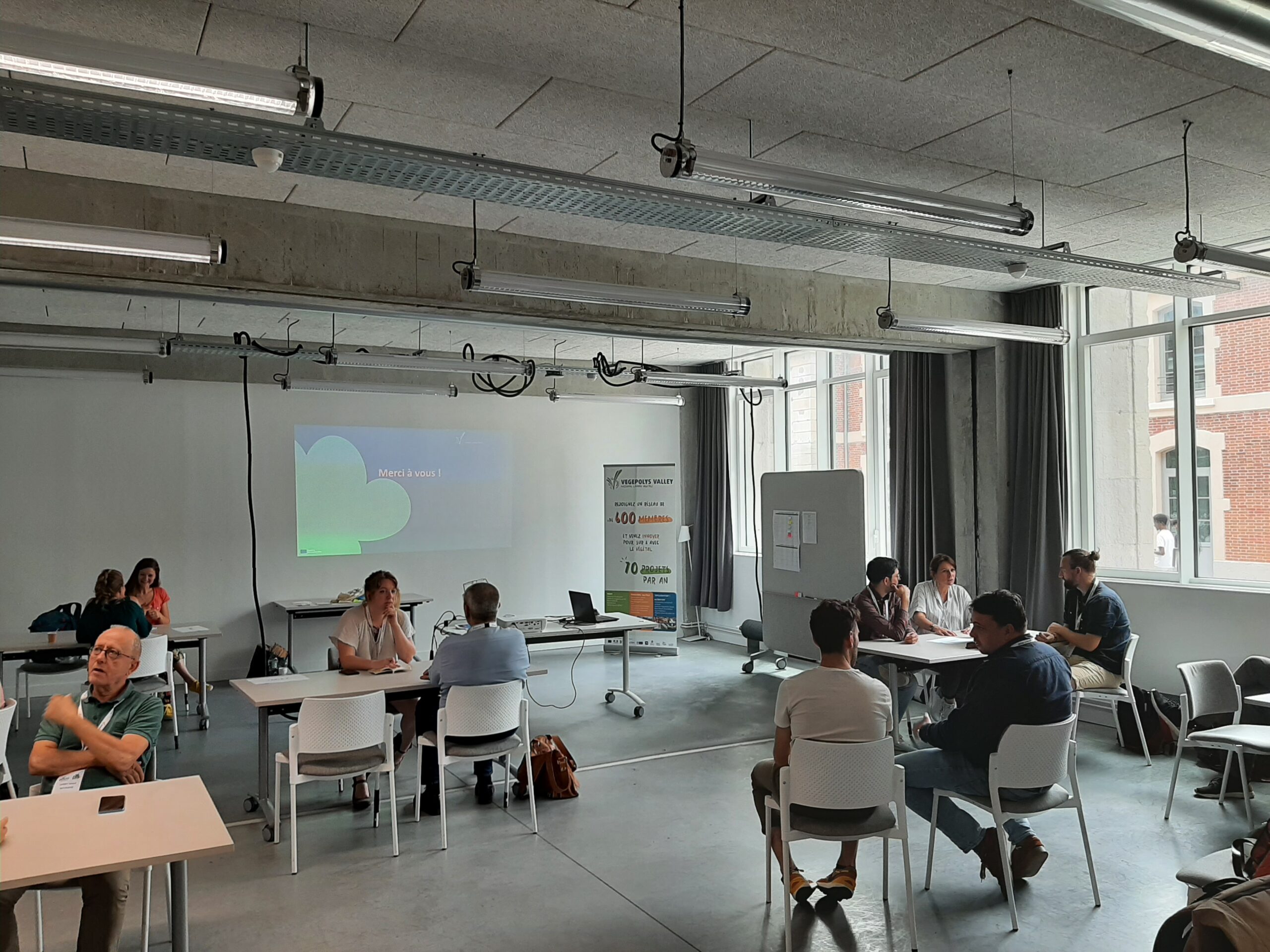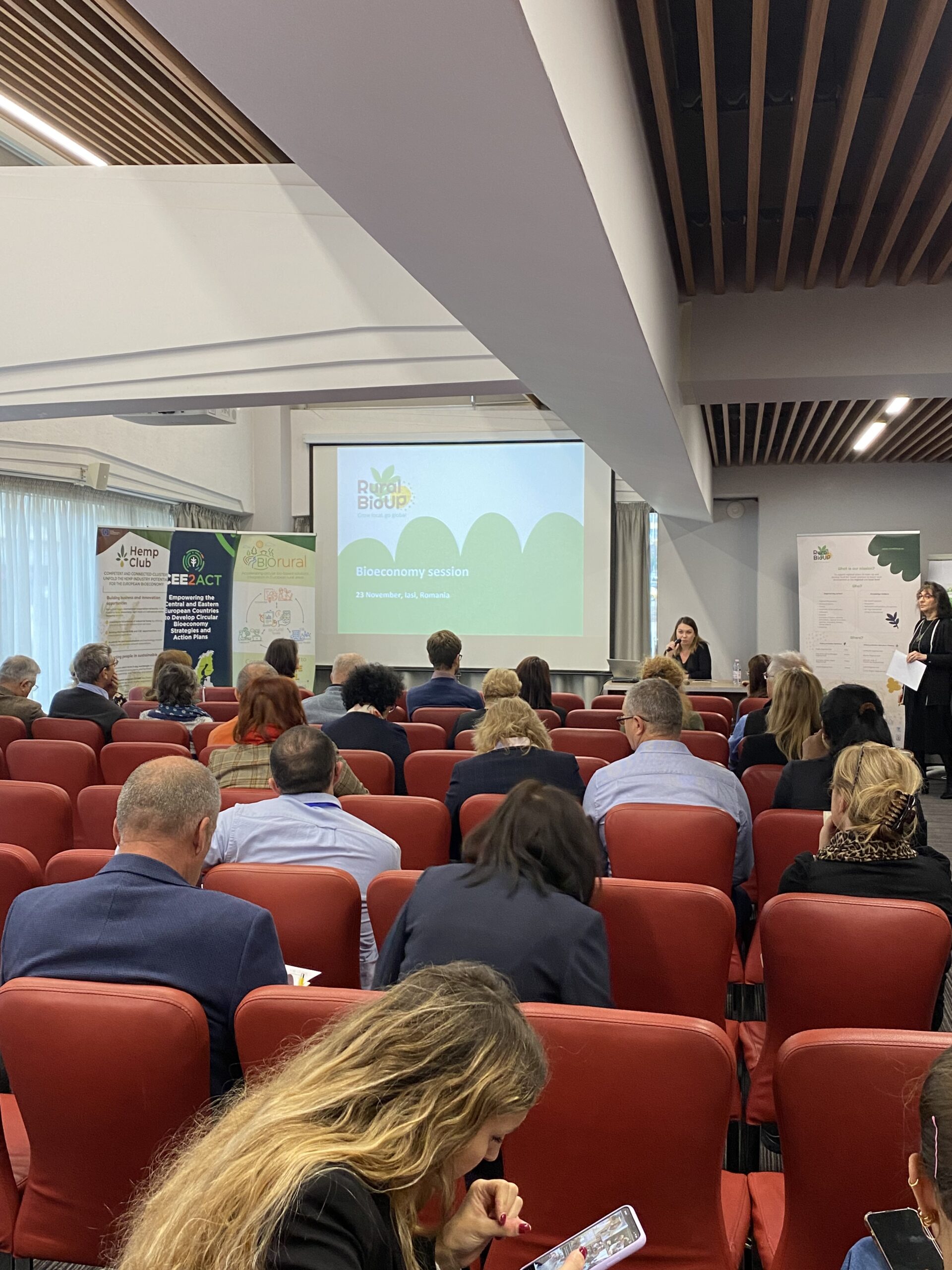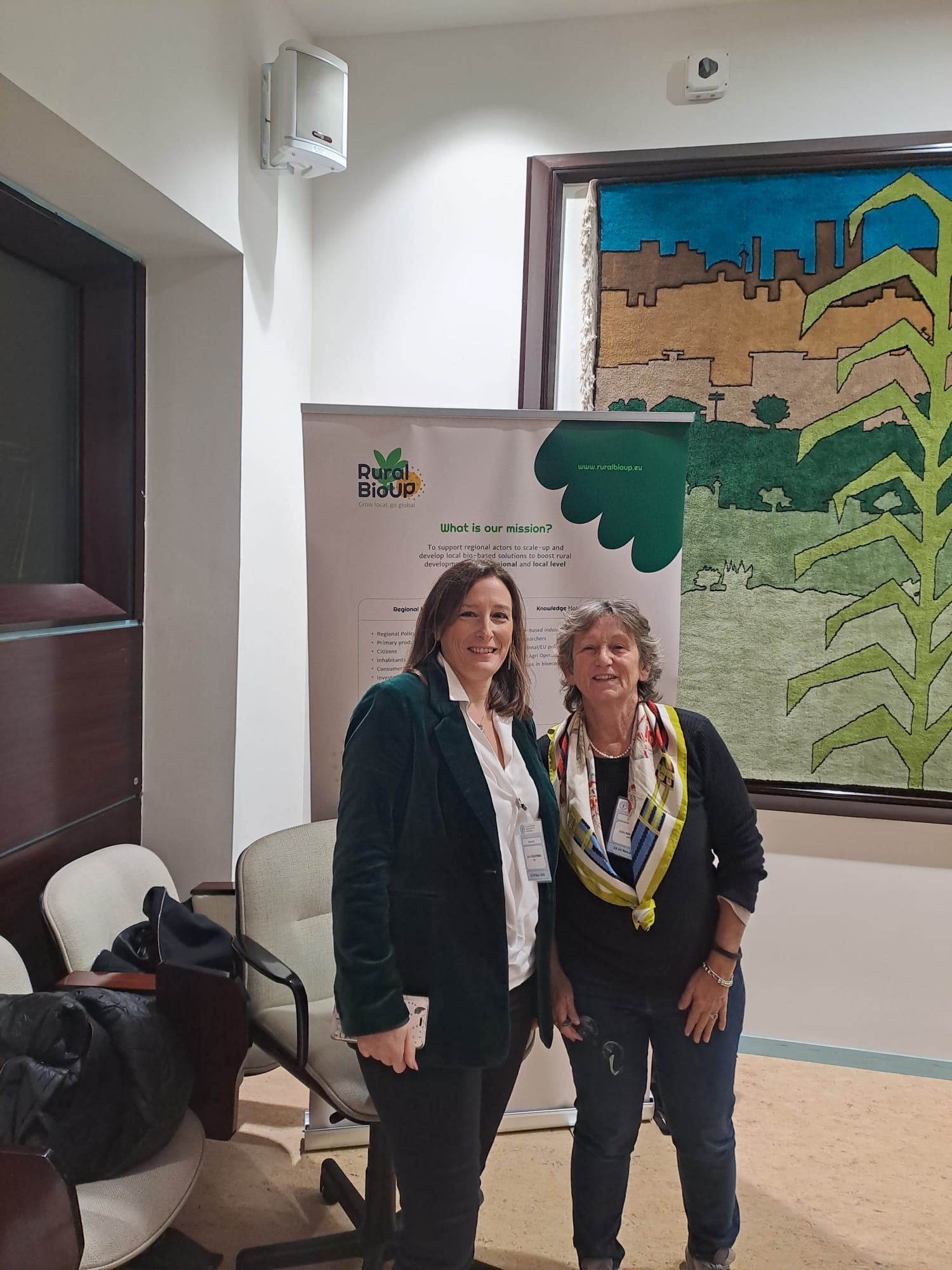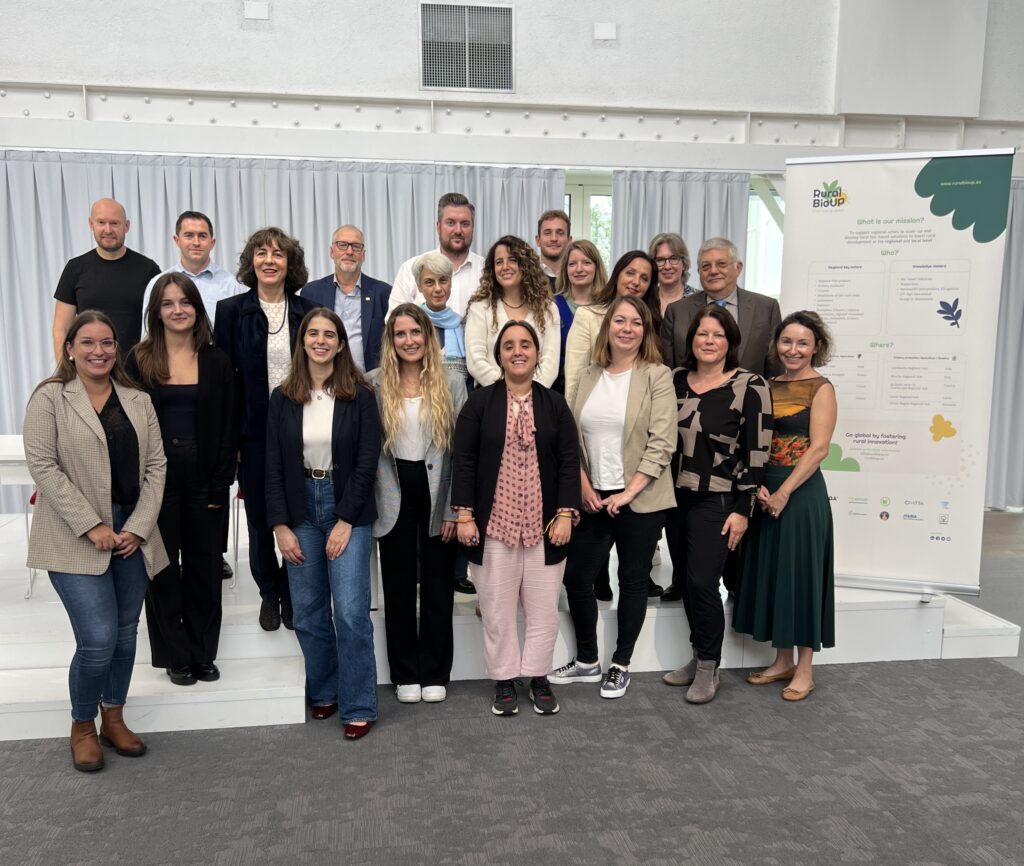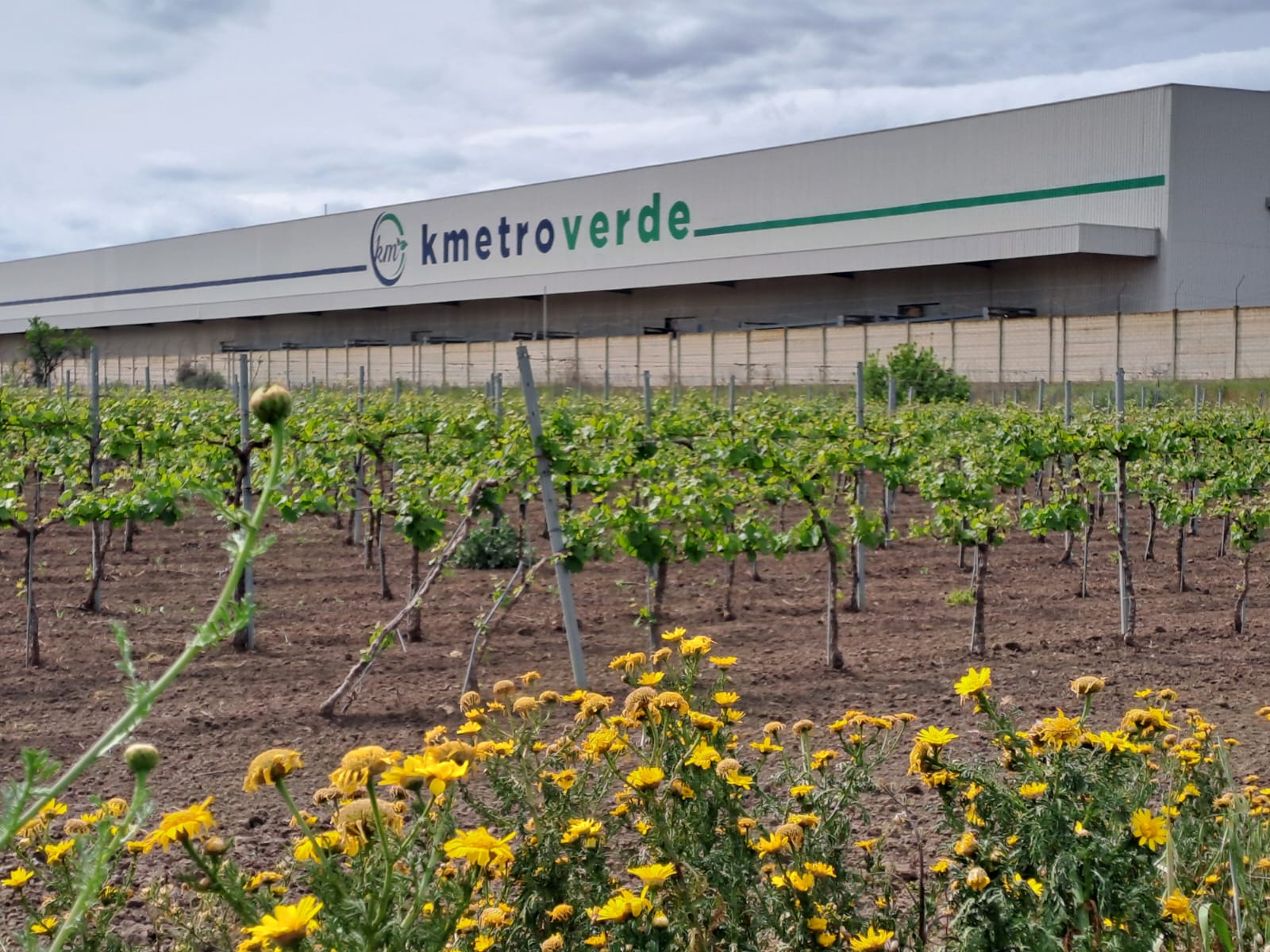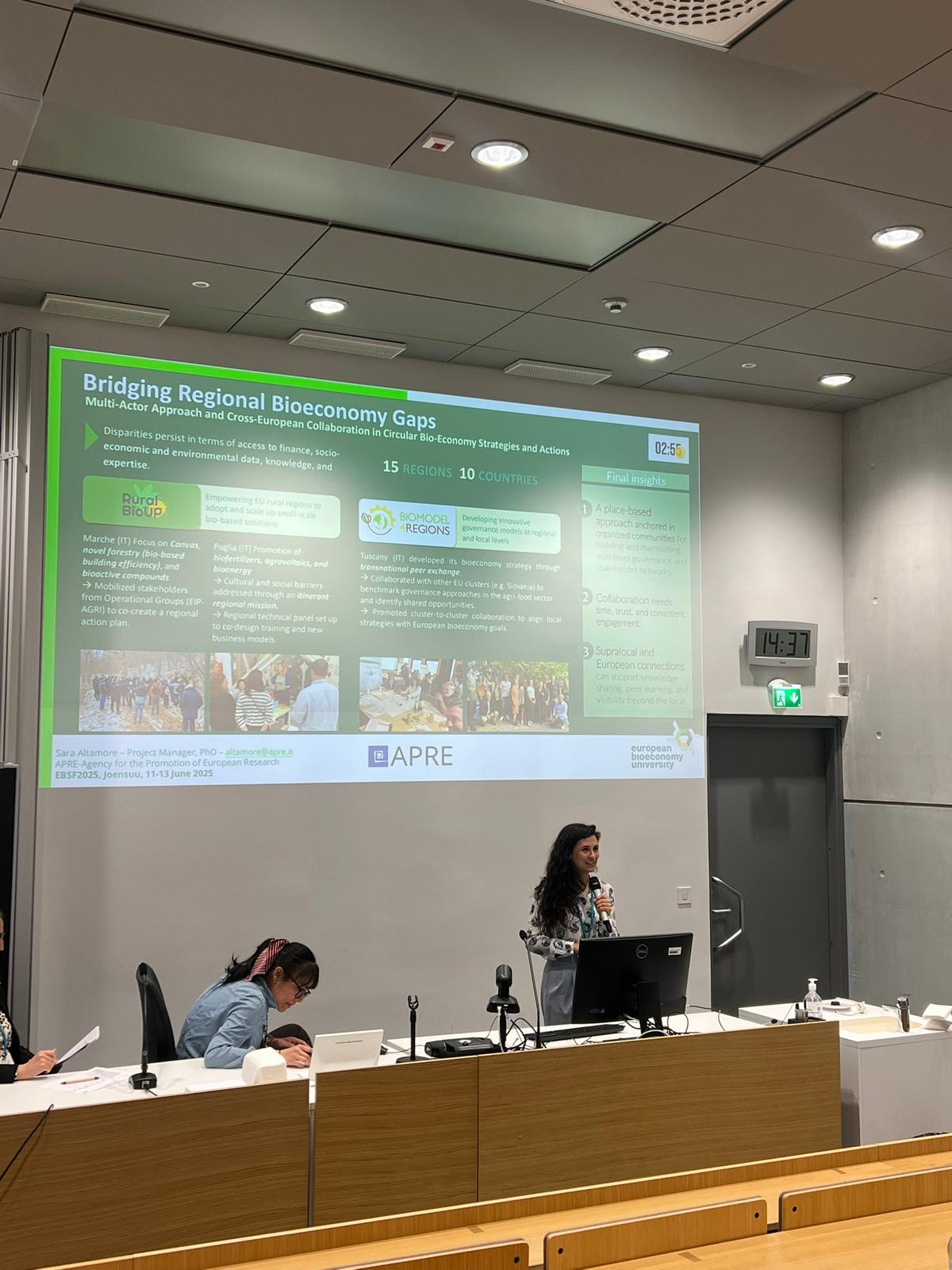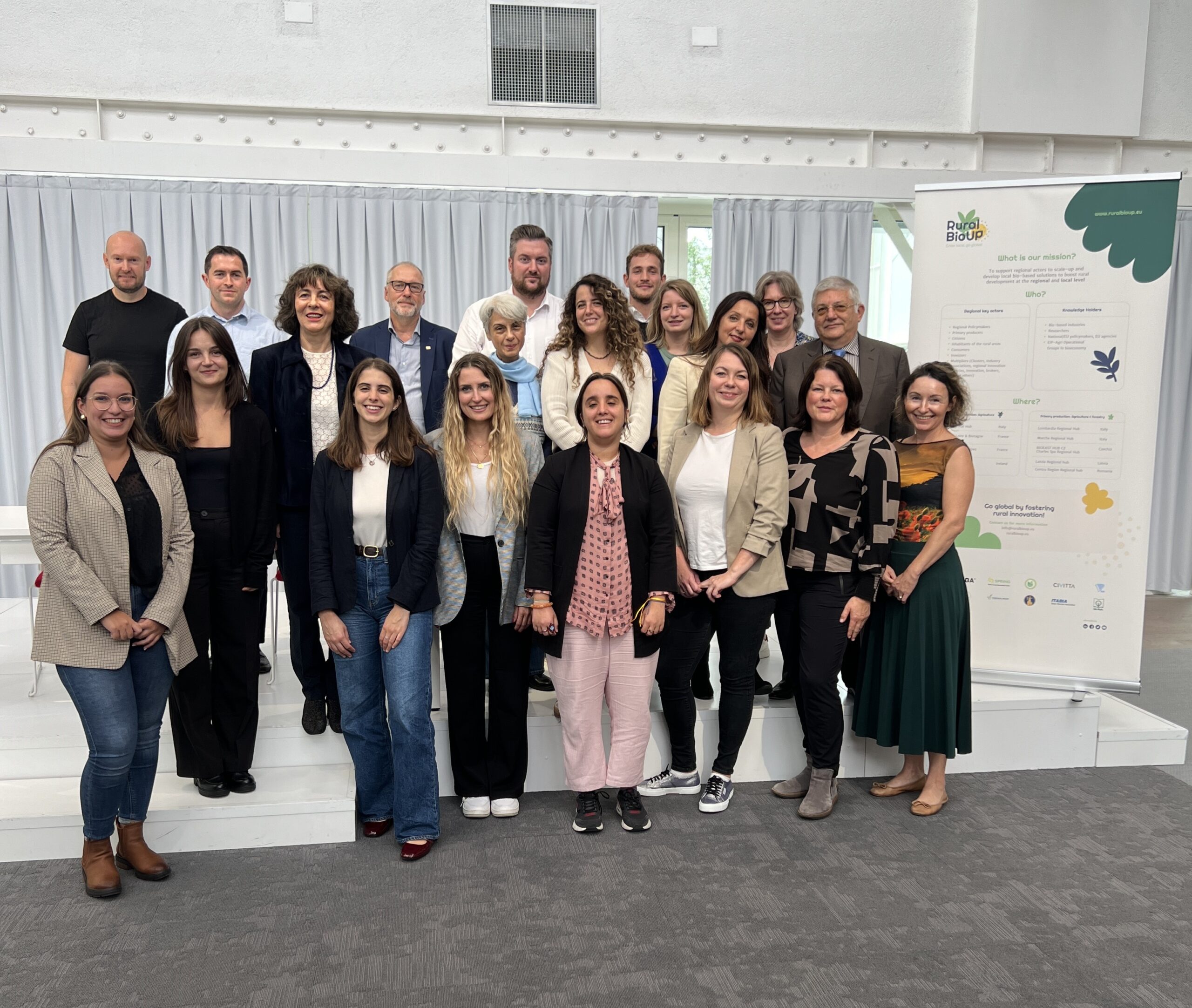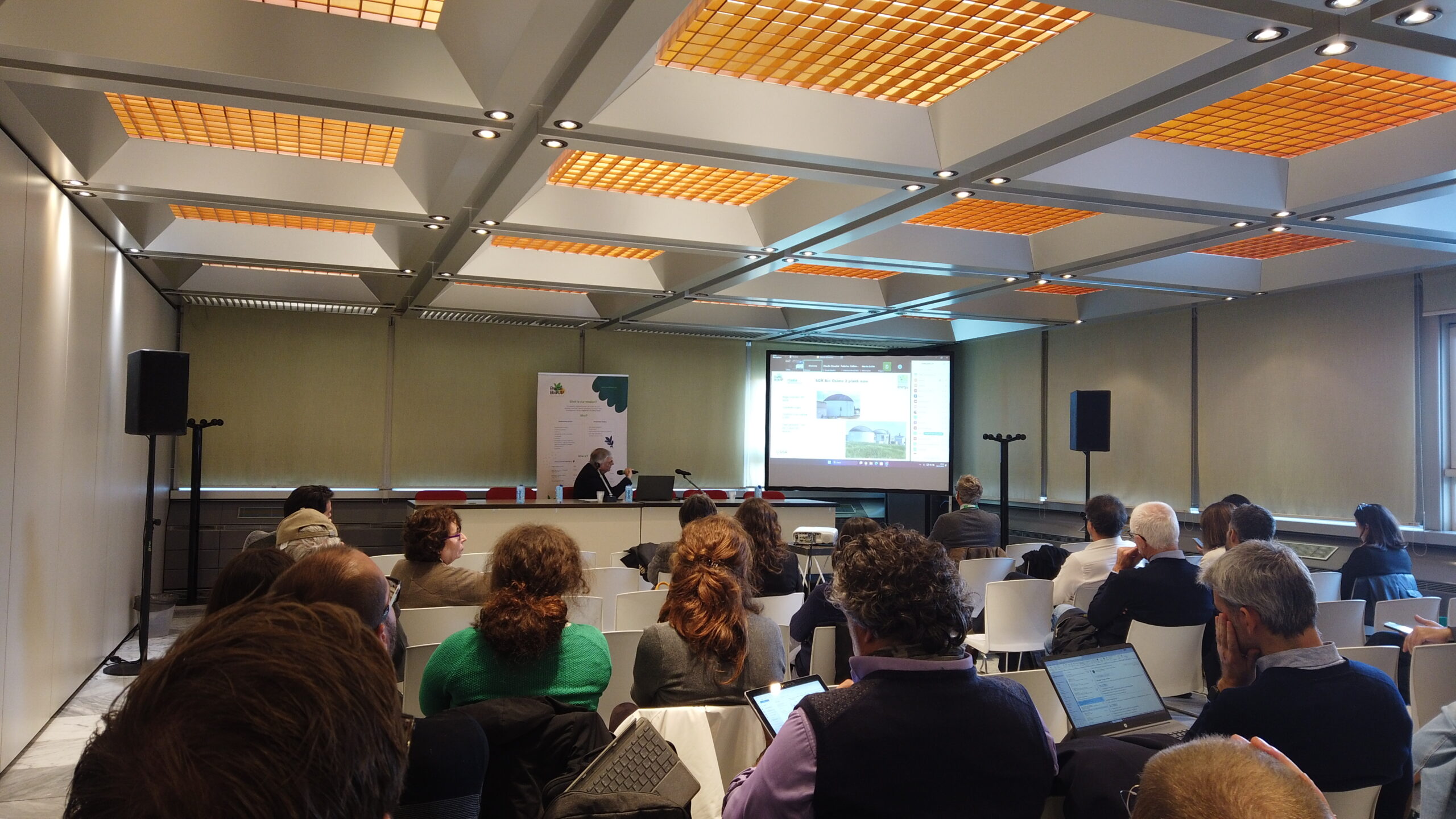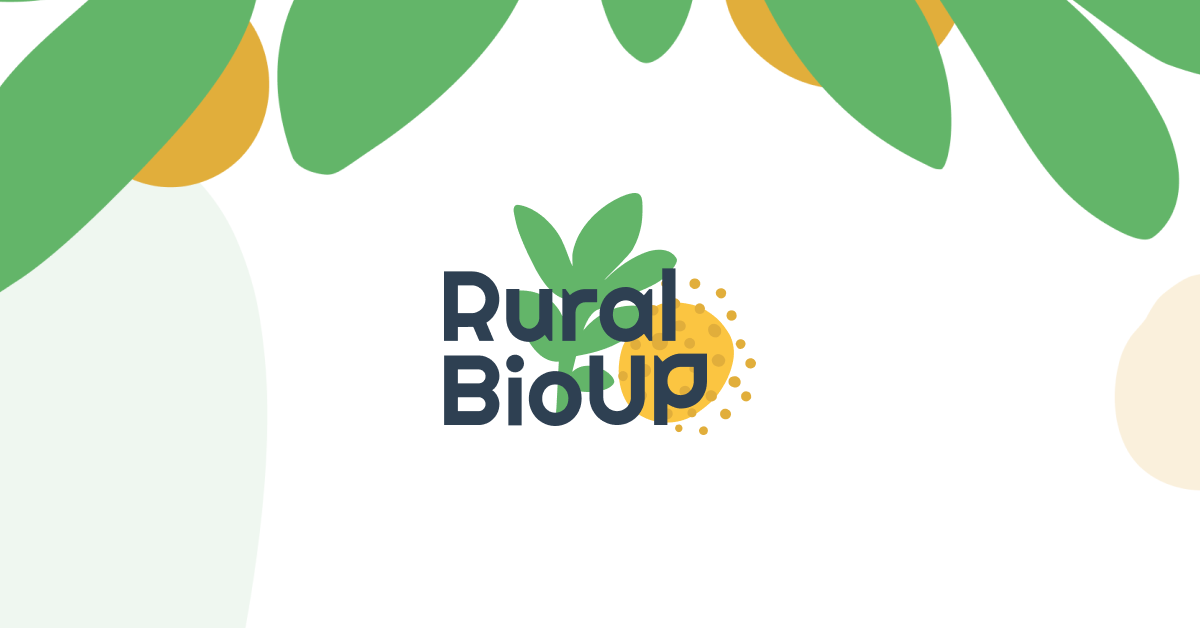Two years of RuralBioUp – by our coordinator APRE
Publication date 29 Nov 2024
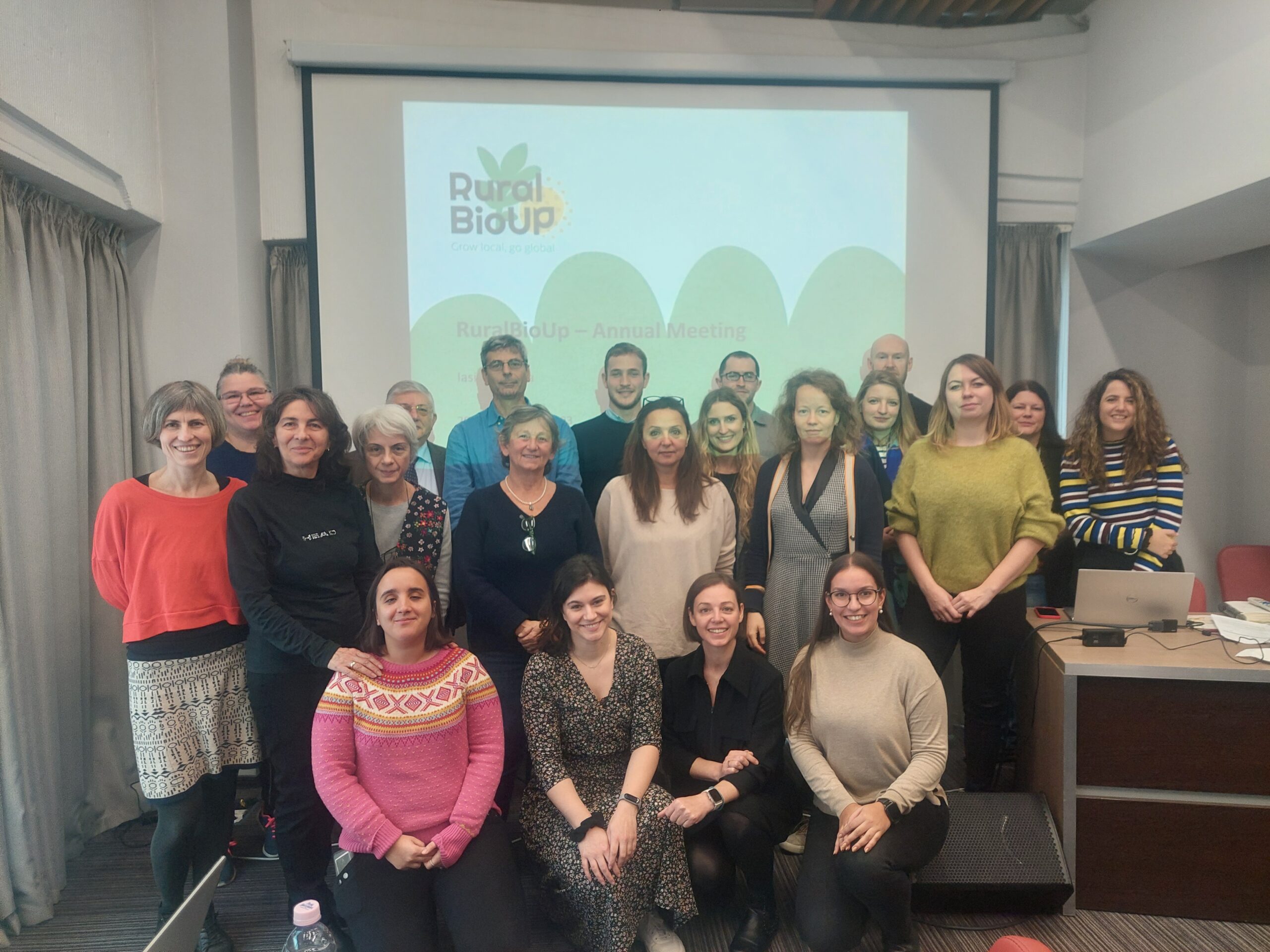

In October 2024, RuralBioUp celebrated a second year of the project implementation. Those two years were filled with exciting activities and events that took place both at a local level in the nine Regional Hubs across Europe as well as at the EU- level, giving wide visibility to the project results and allowing local bioeconomy stakeholders to meet and explore collaboration opportunities. Further, the RuralSpot – a reference platform for bioeconomy knowledge-based research – was developed and launched to support regional actors in boosting rural development.
At the Regional Hubs level, the first months of the project implementation focused on empowering the hubs to build a strong local network, including through trainings on stakeholder mapping and co-creation processes. All Regional Hubs were established by December 2023, following their respective hubs’ kick-off meetings which brought together prominent local stakeholders, mainly innovators, policymakers and regional businesses. During their kick-off meetings, each Regional Hub developed an Action Plan focused on two value chains of local importance. Starting from January 2024, the Regional Hubs commenced implementation of the Action Plans, primarily through the organisation of networking events, study visits and other meaningful activities mobilising local stakeholders to scale-up bioeconomy solutions in rural areas. The Regional Hubs and their local stakeholders are continuously empowered through mentoring, coaching and training activities, allowing the stakeholders to gain new knowledge and put it in practice in their every-day-work. Up to now, RuralBioUp has organised 26 networking events (including two EU-level match-making events) and 20 study visits, gathering in total more than 1400 participants. In addition, more than 3000 persons were mentored and trained on various aspects related to bioeconomy.
In relation to the RuralSpot, the first year of the project implementation was devoted to the mapping and harmonising of the already exiting information related to six categories of bioeconomy-related data: (i) biomass (typology, regional distribution, availability), (ii) business models and market applications (e.g. economic and sustainability evaluations, best practices, etc.); iii) technologies (e.g. feedstock used, TRL, final product(s), (iv) knowledge on nutrient recycling and soil improving; (v) practical knowledge and training resources; (vi) financial support opportunities. This data was subsequently used to develop the RuralSpot. A first version of RuralSpot was launched in October 2023 and subsequently updated several times in order to meet the needs and expectations of its users. Currently RuralSpot operates as a practical tool supporting bioeconomy stakeholders in planning and implementing bioeconomy solutions at regional, national, and European level.
Year 2025 will mark the last year of project implementation and will bring many new and exciting opportunities for the project. While the Regional Hubs will continue collaboration with their local stakeholders and implementation of the Action Plans, RuralSpot will undergo final updates and finetuning to feature the most recent available data and information. The last months of the project implementation will be devoted to sharing best practices, assessing the project’s impact, ensuring the sustainability of the project and replicability of the RuralBioUp approach.



